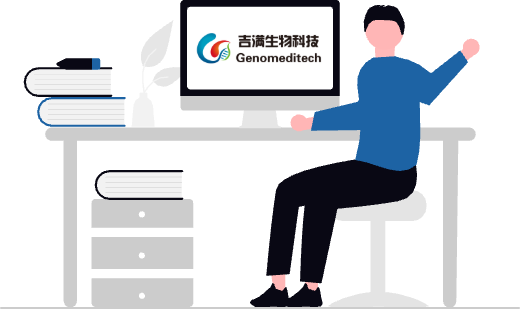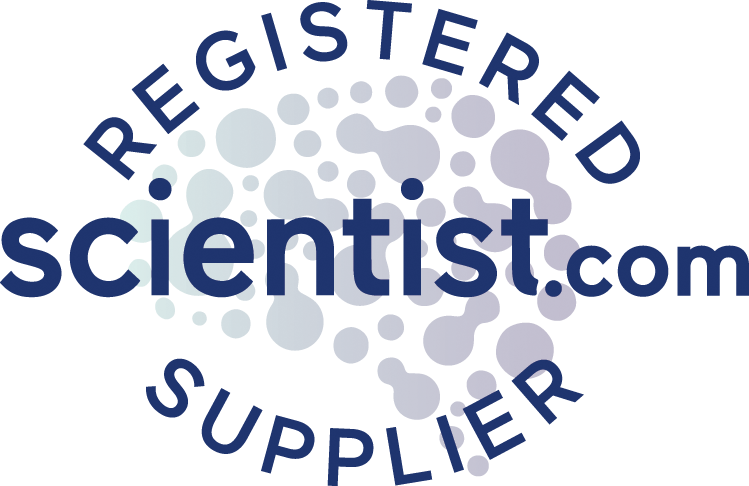ICOSLG is a glycosylated transmembrane structure, classified as a member of the B7 family due to significant homology with other B7 family members. The B7/CD28 superfamily provides both positive and negative signals to immune cells in immune responses.
The interaction of ICOSLG with its specific receptor ICOS is closely related to T cell activation, proliferation, differentiation, cytokine production, and antibody secretion by B cells during secondary immune responses.
ICOSLG is widely expressed in non-lymphoid and lymphoid tissues, playing a crucial role in upregulating and promoting T cell immune responses. Its expression is low in naïve B cells and monocytes in PBMCs but can be rapidly upregulated by IFN-γ, TNF-α, or LPS stimulation. Induction of ICOS expression on activated T cells mainly regulates the secretion of Th2 cell cytokines, shifting the immune response towards a Th2 type. The ICOS/ICOSLG pathway has been reported to be involved in immune mechanisms of infection, allergy, autoimmune diseases, transplant immunity, and tumor immunity.
ICOSLG also serves as a major costimulatory molecule for T cell activation mediated by endothelial cells. It plays a crucial physiological role in controlling the entry of immune cells into inflamed tissues and reactivating memory T cells on endothelial surfaces.














